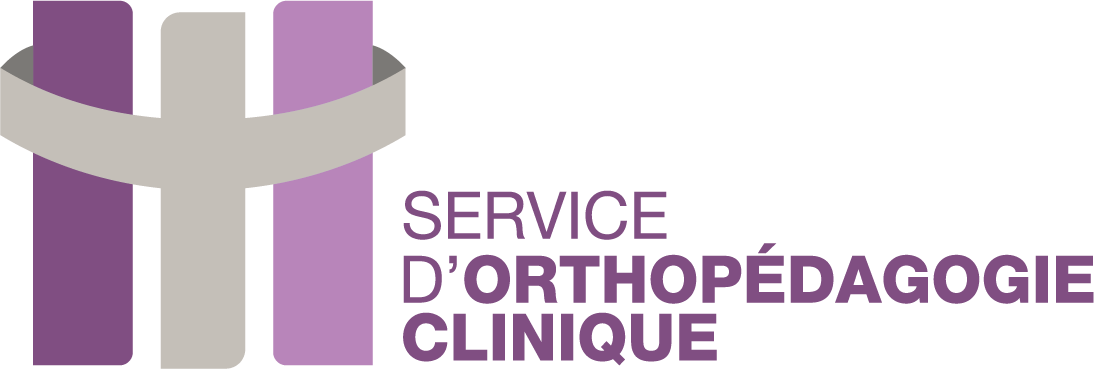Teaching activities
It provides teaching within the framework of the law of 10th July 2016, regulating the professional title of clinical educational therapist, and organises research in compliance with the functional competences of this legal framework. The Unit also, more fundamentally, anchors the values structuring the clinician’s working practice, i.e. social inclusion, full participation and self-determination of people with disabilities in a perspective centred on the person and their quality of life.
The Clinical Orthopedagogy Unit collaborates in the university training of future graduates in psychology and education:
- General courses in the Bachelor’s of Psychology and Education.
- Master’s degree in Psychology with a specialist focus on Clinical Orthopedagogy
- Specialisation block in remedial education within the Master’s in Education.
The training aimed at acquiring the title of clinical educational therapist (https://www.health.belgium.be/sites/default/files/uploads/fields/fpshealth_theme_file/css_9380_avis_orthopedagogie_update.pdf) is delivered through a specialisation given during the two blocks of the Master’s in Psychology.
In parallel, a block of courses is organised for the Master’s in Education for students wishing to specialise in the implementation of practices focused on schooling and the social inclusion of students with special needs.
Ongoing projects: DOMO (ERDF), ParkinsonCom (INTERREG)
The Association pour l’Innovation en orthopédagogie (Association for Innovation in Orthopedagogy), a non-profit organisation attached to the UMONS Clinical Orthopedagogy Unit, has as its main objective the creation of bridges between the orthopedagogical research community and professionals involved in the support of adults or schools pupils. Through continuing education, supervision and the publication of methodological guides, the aim is to make scientific data and the latest tools in the field of disability accessible to professionals and to enable them to continue to develop their support practices for people with special needs with a view to social inclusion. The non-profit collaborates with numerous training operators in the Wallonia-Brussels Federation and in France, and also responds to requests from institutions or schools based on analyses of professionals’ needs.
Interventions in the form of workshops or training programmes for people with intellectual disabilities on the theme of self-determination are also proposed. In addition to some ad hoc expertise, the non-profit is also developing participatory research missions that generally include users and professionals. Numerous partnerships have been developed with professional associations, universities and institutions since the non-profit was founded in 1986.
Current projects: DigitALL (Erasmus +), Coherence of the support of parents with intellectual disabilities in the Wallonia-Brussels Federation (ONE).

